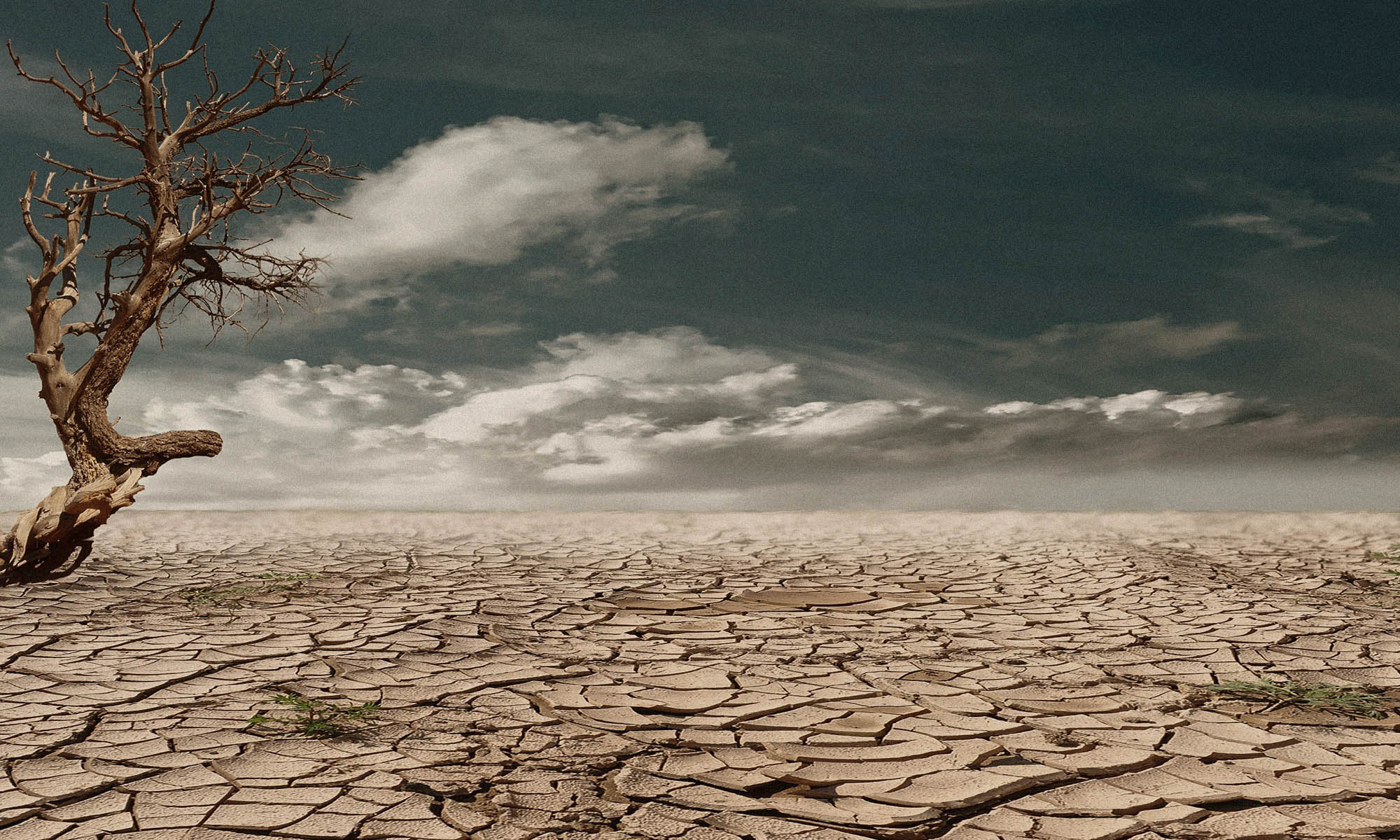Refugee women and their host community in Maban county are turning agricultural waste into clean-burning briquettes in a pilot project that saves trees.
By Ampurire Aryampa and Mary-Sanyu Osire in Maban, South Sudan | 18 May 2022
see whole UNHCR article at
https://www.unhcr.org/afr/news/stories/2022/5/6284c4a94/turning-trash-into-clean-fuel-refugees-aid-environment-in-south-sudan.html

The teams gather dried biomass waste including charcoal dust, dried leaves, grass, shrubs, lalop seeds and agricultural trash, such as sorghum and maize stalks, from around the two camps. After being given training, they are provided with briquette making machines that crush, mix, press and extrude a mixture, which is dried into rock-hard combustible briquettes under shade.
They then sell the briquettes at US$1 per kilogramme, making it an income-generating activity in addition to acquiring new greener skills. In March alone, the Gendrassa based group produced over 2,000 kilogrammes and earned up to US$2,000 from the sale of the briquettes




